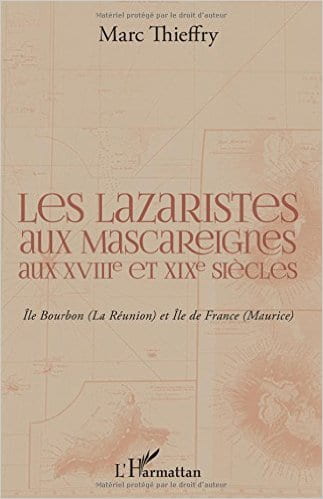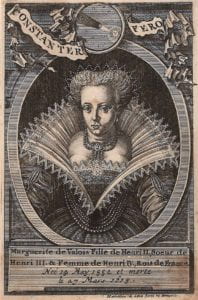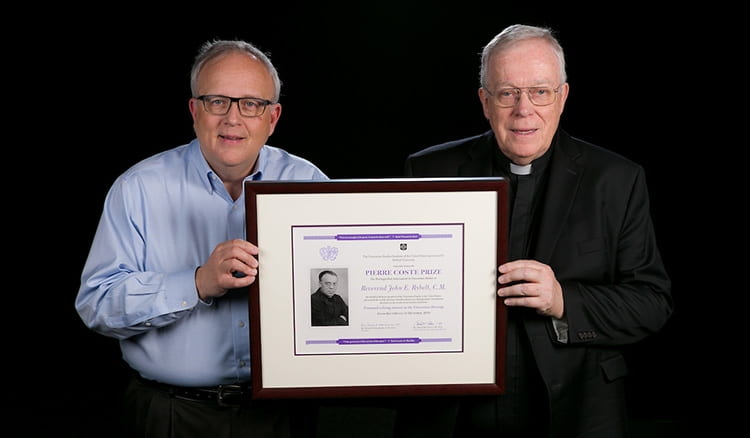No matter what I do right before I go to bed my brain keeps locking on things that are really disturbing, he said. Me too! I say. Happens to me.
Especially if I am reading people’s alarming Facebook posts or the news late into the evening. But you can’t be stuck there, I tell him. You can say a mantra like “God, replace my fear with faith” or just something like “Hope hope hope hope hope…”
Hope. At the CPAC conference tonight it seems like many are brimming with hope, while that which gives them hope troubles others. Every day headlines are so demoralizing – bomb threats and Jewish cemetery vandalism. Mass deportations planned. Rising Islamophobic acts. Troubling racism. Environmental threats. Political scandals. Communication breakdowns.
I recently saw someone flash the headlines from a 1968 paper and the unrest looked eerily close to what we are experiencing now. How does one respond? How do you sustain yourself to act for justice? The Center for Religion, Culture and Community hosted a panel on January 24th called “Bearing Hate, Living with Hope” that looked at these kinds of questions and asked: what do religious activist and religion have to tell us about community building in a fractured world?
I invite you to watch the panel via the link at the end of this piece. In the meantime, here are a few nuggets and questions (in my own words) I gratefully latched on to from Moderator Dr. David Wellman of DePaul’s Religious Studies and the panelists — alumna and current Associate Dean of the Andrew Rankin Memorial Chapel at Howard University Rev. Waltrina Middleton, DePaul Muslim Chaplain Abdul-Malik Ryan, and Rabbi Cantor Michael Davis.
A framing question from David Wellman: What resources can religious traditions offer — such as the spiritual assumption that all human beings have equal worth regardless of identity or social status, that people living on the margins have a tremendous amount to offer society and that inclusive communities are achievable?
Wisdom from Rabbi Davis:
Religious community can be a place outside of politics, a place to reconnect.
“We need the Other to keep us who we are.” When you extend a hand in solidarity, a hand reaches back, sustains you. …What sustains you?
Have a spirit of inquiry! Be curious about divisive issues – don’t jump into talking about right and wrong. Ask “What is your story? Why do you hold these beliefs?” Get past the politeness of avoiding landmines in order to build community.
Money has strings! Faculty and staff more constrained than students because money is involved! So students – act! Act Now!
Wisdom from Rev. Middleton:
Faith leaders must challenge the status quo- introduce revolution! Christ honored the tradition and was revolutionary. As a clergy humanist womanist activist – I want to help all cross the freedom line!
God is showing up now – are WE? Standing up is a risk. We must be prophetic in speaking truth to power! Christ showed that we must be concerned about social justice and get involved in social/political movements.
I don’t really like terms like “right” or “left” – we all share common values of love, for justice.
Waltrina told a story about her family demonstrating against the Confederate flag in South Carolina for 40 years. It is powerful and I invite you to watch it on the video. Year in, and year out they took action. Her grandmother did not see the flag come down – but she had a part in it. Waltrina said, “My work is not for me.” I may never see the fruits of my labors – but future generations will witness to them. If you depend on results for encouragement, this is a problem. Do the action and give the results to God.
Whether or not it makes a difference, it makes sense for us to be in the struggle! You need something to give you hope in the struggle – what gives you hope?
Wisdom from Abdul-Malik Ryan:
No one wishes for them, but struggle and persecution can increase community support. It can bring out positives. It’s also lonely to struggle — and loneliness leads you to God.
Theologically in Islam, God is in control. There is wisdom in this — this is not the end. Your story will continue. You need to believe God is in this, and face reality and problems head on. Platitudes will not do, but you can acknowledge problems in a real way and point people to hope and the greater reality that God is with us.
You should read the second inaugural address of Abraham Lincoln! We need to claim some universal figures despite their flaws and look at what they actually said.
“Defeating the enemy” is not the end goal – reconciling with them is. Do you have the courage to forgive after the struggle for justice?
Abdul-Malik contended that people late to a movement or the struggle are still trying to help, so why be overly critical and hard on them? Make it easy for people to join you and do what you’d like them to do. Waltrina pushed back. She said lots of people on the margins have their cries for solidarity ignored. We said, “Come to Ferguson to honor a murdered son” and White women did not come. When they ask me to march in DC for their issues I ask, “Will you also come be with me? Share my burden?” Why did there even have to be push back on the Women’s March to increase inclusion? We need to demand to honor the narrative of all! Make space to listen and honor the narrative – Ask where does it hurt? Ubuntu – I am because we are (because God calls us…).
At one point, Rabbi Davis said it was a big deal to share spiritual space with fellow activists, to generate ideas and hope. I agree with him, and was glad to be there for it. If you’d like to view the entire program by linking here – please do!
Katie Brick, MDiv, is the Director of the Office of Religious Diversity (ORD)
at DePaul University. ORD co-sponsored the panel with the CRCC.





